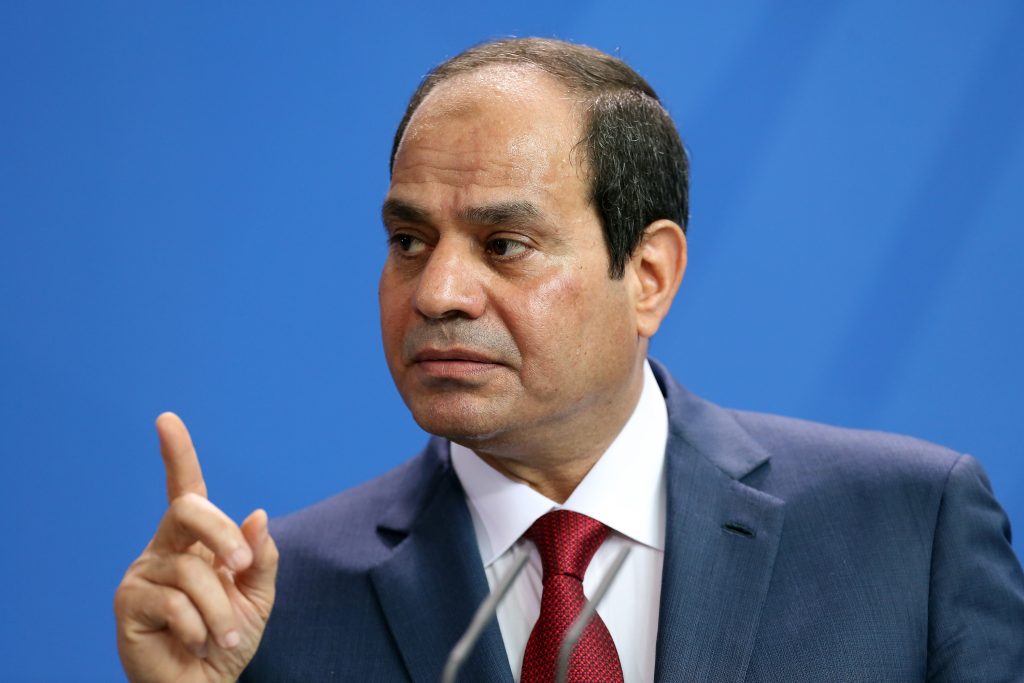President of Egypt Abdel Fattah al-Sisi was sworn in Tuesday for his third term as leader of the Arab world’s most populous nation, in the country’s administrative capital, east of Cairo.
Al-Sisi, 69 who was a former army chief will remain in power for another six years. While addressing the parliamentarians, Sisi promised to “remain faithful to my work, my eyes seeing only your interests and this country’s”.
Egypt’s deep economic crisis has been buoyed by billions in petrodollars, foreign loans, and investments. Al-Sisi promised “to realise the aspirations of the Egyptian nation to build a modern, democratic state”.
Sisi defeated three relatively unknown presidential challengers in last December’s election with a record 89.6 percent.
Unless he again ushers through a constitutional amendment prolonging his tenure, this six-year term is set to be his last.

A former defence minister, Sisi ascended to the presidency on the back of mass demonstrations against Islamist president Mohammed Morsi, who was ousted in 2013.
Sisi was first elected president the following year, then again in 2018, both times with nearly 97 percent vote. Pundits have speculated a likely cabinet reshuffle, which the government is yet to announce.
The $58billion administrative capital, where Sisi was sworn in, is about 45 kilometres east of the current capital Cairo. Sisi has poured billions into Egypt’s infrastructure despite massive debt-fuelled expenditure.
According to central bank figures, Cairo’s foreign debt more than tripled over the past decade to a record $165 billion, while foreign currency reserves stand at $35 billion.
In the past two years, Egypt economic crisis has seen the currency lose two-thirds of its value and inflation soar to 40 percent last year.
In the first quarter of 2024, however, Egypt saw an influx of over $50 billion in loans and investment deals, which Cairo said would ease dire foreign currency shortages and revitalise the economy.


